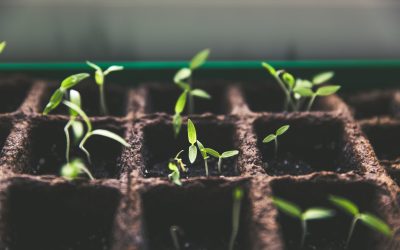On Sunday the 7th of January, a small group of guys gathered at Green Lane to explore Psalm 3. Why? At our evening communion services, we are going to be exploring the Psalms of Ascent (Psalms 120-134). These are a collection of communal songs/poetry that were sung by people as they journeyed towards Jerusalem for key religious festivals. However, they did much more than that; they focused the community’s attention on the pilgrim-like nature of discipleship. For us today these wonderful Psalms remind us again and again that we have not been called to make a ‘home’ for ourselves here, but rather to be people living for and longing towards our true (eternal) home (Heb 11.10). In light of the above, this series is going to help us as we navigate change together. Living as pilgrims means we accommodate change and hardship (just take a quick peek at the life of the Apostle Paul). We recognise that as people who are called, empowered and entrusted with the mission of proclaiming the good news of Christ, this will inevitably mean change or pilgrim-like living. And so I hope that as we read, study, and maybe even sing some of these Psalms together, we will learn afresh what it means to be a pilgrim-like community for the sake of gospel proclamation across this part of South East Manchester.
As far as the evening went, we explored Psalm 3 (a piece of Hebrew poetry) through various lenses from textural and structural considerations (see the picture above) to pastoral and communal application. From my perspective, it was a fun evening (!), but then Psalms are probably one of my favourite Bible genres. And one final thought for anyone who doesn’t like the jeopardy of poetic language: have you ever considered what the first ever human words recorded in scripture are? Yep, you guessed it: poetry! Have a look at Genesis 2:
‘This is now bone of my bones
And flesh of my flesh;
She shall be called “woman”,
For she was taken out of man’
Genesis 2:23




